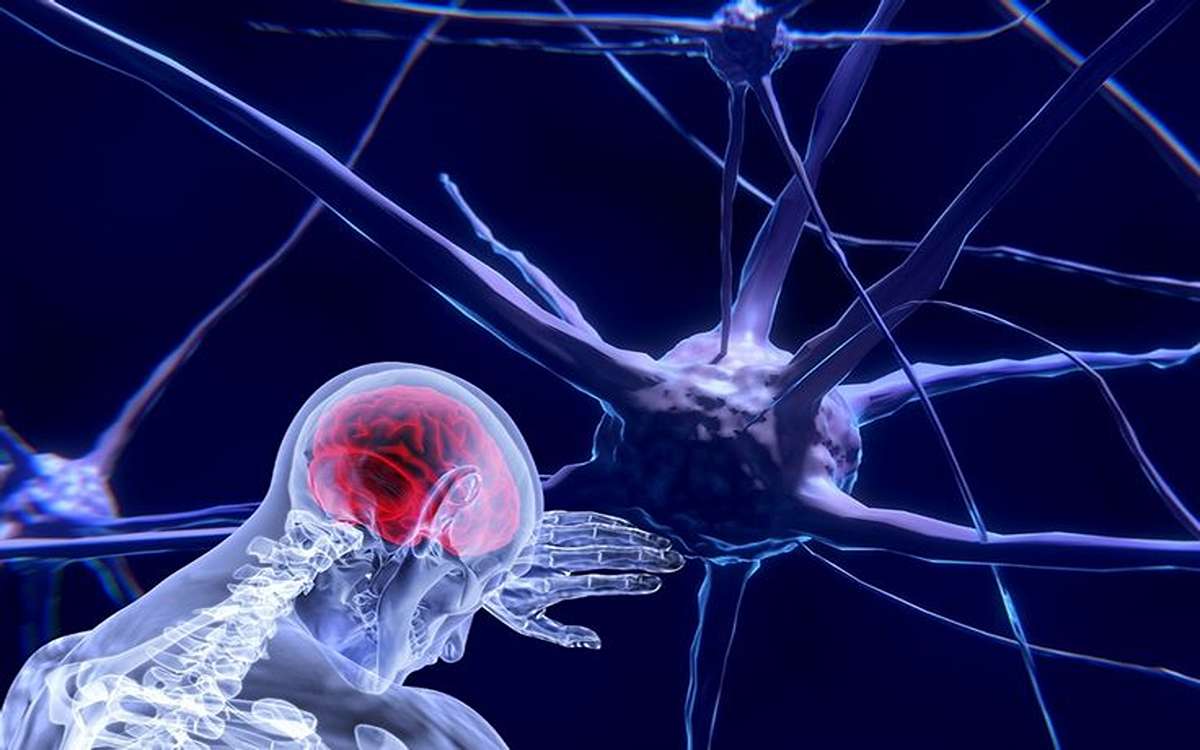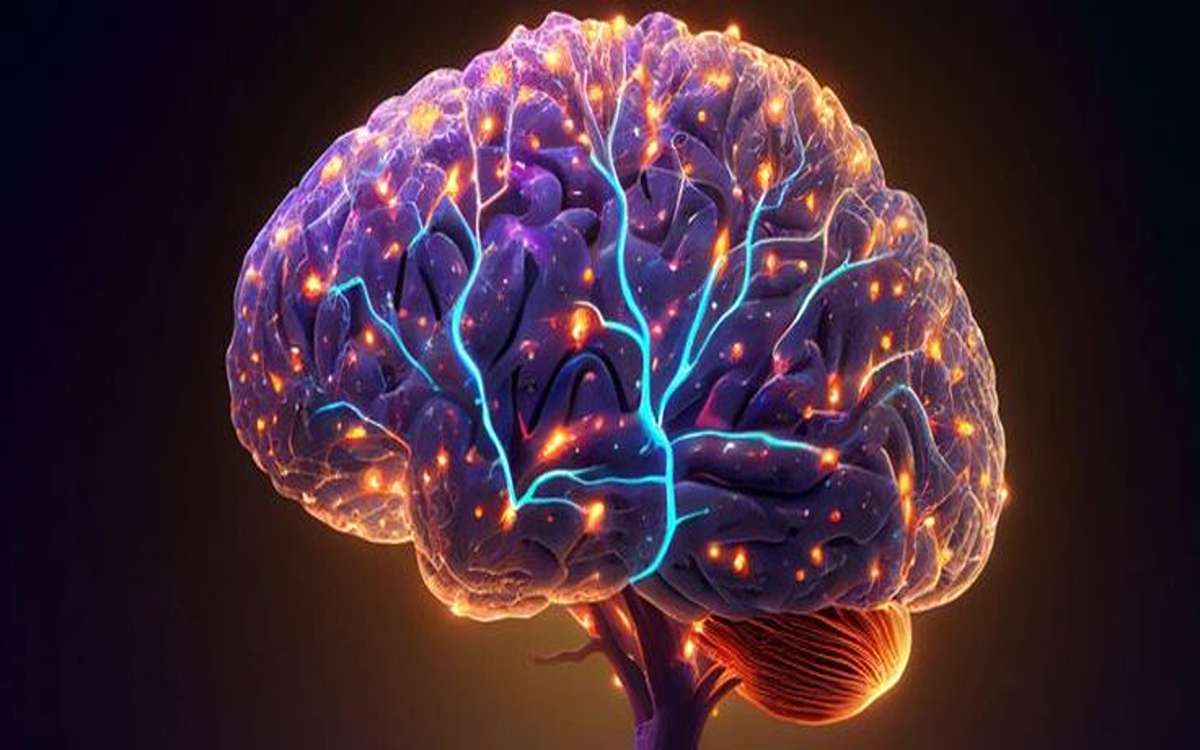- Neurological Disorders it is indeed marvelous biology, and one could go to the extent of saying everything from controlling movements to processing emotions and memories, and the disturbance of this balance through disorders in the human nervous system will have profound consequences for their physical, cognitive, and emotional health.
- Therefore, as millions of people suffer from neurological disorders, knowing them better will provide an opportunity for increasing public awareness, raising empathy, and improving lives.
- This article outlines causes, symptoms, and different treatment options for various types of neurological disorders. It indicates new achievements in medicine and science and conveys a personal vision that could create a close dialogue on this topic.
So what is this neurological disorder?
- Neurological conditions are medical conditions that occur in the brain, spinal cord, or peripheral nerves. These conditions may result from genetic abnormalities, infections, injuries, or degenerative processes.
- They may present with a wide range of clinical manifestations depending on the site of involvement of the nervous system.
Common Neurological Disorders
- Alzheimer’s Disease: A progressive condition causing loss of memory, confusion, and cognitive decline.
- Parkinson’s Disease: A movement disorder characterized by tremors, rigidity, and slow movements.
- Epilepsy: A disorder characterized by seizures that recur due to abnormal electrical activity in the brain.
- Multiple Sclerosis (MS): An autoimmune disease affecting the protective covering of nerves, altering communication between the brain and body.
- Migraine: A severe headache sometimes with nausea, photophobia, or more serious visual disturbances
- Stroke: Interruption of blood flow to any section of the brain with resultant tissue damage, followed by varying neurological impairments.
Personal Reflection: Living with a Loved One’s Neurological Disorder
- It was when I was in my early twenties that my grandmother was diagnosed with Alzheimer’s. I witnessed her gradual decline into a state of cognitive degeneration, which was heartbreaking but also an eye-opener into the complexities of neurological disorders.
- Such simple tasks as recalling names or finding her way around the house became insurmountable challenges. The family learned to adapt to this, finding joy in moments of clarity and supporting her with patience and love.
- This experience not only furthered my empathy for those in the world who live with neurological disorders, but it also emphasized the point of awareness and early intervention.
Causes and Risk Factors of Neurological Disorders
1. Genetic Factors
- Huntington’s disease is a condition that has the strongest genetic component, although some types of epilepsy fall into this category.
2. Environmental Influences
- Exposure to toxins, head injuries, or infections such as meningitis could trigger or exacerbate some neurological conditions.
3. Aging
- Age-related wear and tear can cause disorders like Alzheimer’s and Parkinson’s.
4. Lifestyle Choices
- Smoking, an unhealthy diet, and less physical activity can lead to stroke and other disorders.
5. Autoimmune and Metabolic Disorders
- Conditions like multiple sclerosis and diabetes can impact the nervous system directly or indirectly.
Symptoms of Neurological Disorders
The symptoms of neurological disorders are quite diverse, and some common signs include:
- Permanent headaches or migraines
- Muscle weakness, shakiness, or paralysis
- Memory loss or cognitive impairment.
- Unexplained seizures or loss of consciousness.
- Numbness, tingling, or chronic pain.
- Difficulty with speech, balance, or coordination.
- If you or someone you know experiences these symptoms, consulting a neurologist promptly is crucial.
Latest Updates and Innovations in Neurology
- Neurology has seen remarkable advancements in recent years, offering new hope for patients and caregivers alike.
1. Early Diagnosis with AI and Imaging
- Artificial Intelligence (AI): AI algorithms are improving the early detection of conditions like Alzheimer’s and Parkinson’s by brain imaging and pattern recognition.
- High-Resolution MRIs: New imaging techniques that allow for better insight into the brain structure and anomalies.
2. Gene Therapy
- Gene therapy is the next hope for treatment in genetic disorders such as spinal muscular atrophy with possible cures or relief of symptoms.
3. Neuroprosthetics
- High-tech prosthetics that can be controlled by neural signals are returning mobility and functionality to people who have paralysis or lost limbs.
4. Deep Brain Stimulation
- Deep brain stimulation is the implantation of electrodes in the brain that help regulate abnormal activity and significantly improve symptoms of Parkinson’s and epilepsy.
5. Virtual Reality in Rehabilitation
- Virtual reality technologies are now being used for neurorehabilitation, helping patients regain motor skills and cognitive function in a fun way.
6. Targeted Medications
- Monoclonal antibodies and more biologics are proving to be precise therapies for managing autoimmune neurological disorders, such as MS.
Self-Management of Neurological Conditions: Basic Guidelines
- Be Brain-Happy Diet: Focus on healthy foods that include omega-3 fatty acids, antioxidants, and vitamins.
- Be Physically Active: Exercise regularly as it supports blood circulation, diminishes levels of stress, and promotes neural plasticity.
- Be Mentally Healthy: Meditation, therapy, and the social network can provide support regarding stress and other emotional strains.
- Seek Early Intervention: Timely diagnosis and treatment can slow disease progression and improve quality of life.
- Use Assistive Technology: Tools like memory aids and mobility devices can significantly enhance daily living.
FAQs About Neurological Disorders
Q1: What are the warning signs of a neurological disorder?
- Common warning signs include persistent headaches, memory loss, seizures, numbness, and difficulty with coordination or speech. Consult a neurologist for an accurate diagnosis.
Q2: Are neurological disorders hereditary?
- Some are strongly genetic, such as Huntington’s disease, while others, such as stroke, are a mix of genetic and lifestyle factors.
Q3: Can neurological disorders be cured?
- Though some neurological disorders cannot be cured, advances in medicine continue to improve symptom management and quality of life for patients.
Q4: How do I support a loved one with a neurological disorder?
- Educate yourself on the condition, provide emotional support, assist in daily tasks, and advocate for their medical care.
Q5: What is the role of rehabilitation in treating neurological disorders?
- Rehabilitation, such as physical therapy, occupational therapy, and speech therapy, can help restore functionality and independence to the patient.
Why Neurological Disorders Awareness is Important
- Neurological disorders can be isolating, but increased awareness fosters empathy, reduces stigma, and drives advancements in care. Whether you’re living with a neurological condition or supporting someone whose knowledge and community make a significant difference.
- It was through reflecting on my family’s journey with Alzheimer’s that I realized how important it is to have patience, educate oneself, and have a strong support network. Collectively, through storytelling, embracing innovation, and staying updated, we can improve lives affected by neurological disorders and make progress toward a better future of neurological health.


